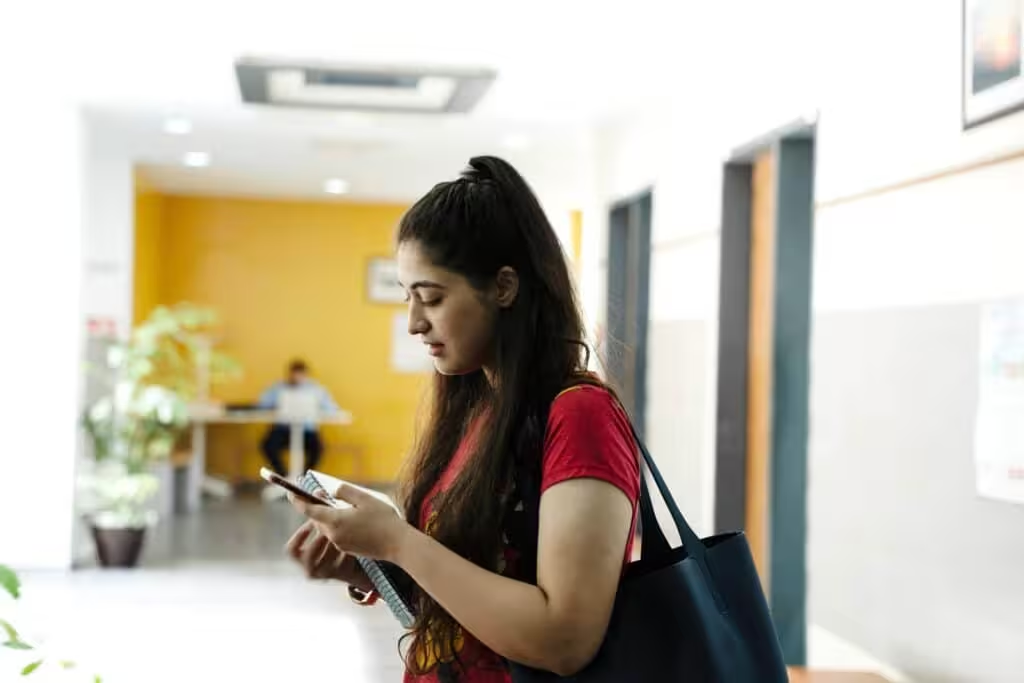Table of Contents
Pakistan officially launched the development of a so-called National Super App and complementary web portal on Tuesday, marking the largest digital governance upgrade in the country since the debut of CNIC cards 30 years earlier that will house all federal and provincial government services within one pocket-sized option friendly to the citizen. A driving licence will be renewed by a single swipe on the biometric, 24 hrs a day, in Urdu, English and 6 regional languages, to pay sales-tax returns, to book a polio-slot, to create a start-up and the entire universe of government transactions.
The Ministry of Information Technology and Telecommunication (MoITT) announced that a project to enhance the digital economy, the Digital Economy Enhancement Project (DEEP), funded by the World Bank, has issued the first Request-for-Proposal (RFP) to contract a top global consortium of consultants to design, code and implement the system within the next 18 months. They say the Super App will be built on existing National Data Exchange (NDX) rails of NADRA, and will guarantee end-to-end encryption, zero-trust architecture and full adherence to the upcoming Personal Data Protection Bill and EU-level GDPR regulations.
“Think of it as the ‘Gov-Shop’ of Pakistan,” explained Federal IT Minister Dr. Umar Saif while talking exclusively to this correspondent. “We are essentially ripping down 400-plus departmental silos and re-stitching them into one interoperable layer. Citizens will stop asking ‘which office, which form, which queue?’ and simply tap the service they need.”
End of the “Window Culture”
According to the World Bank’s 2024 Pakistan Digital Assessment, citizens waste 230 million man-hours every year standing in government queues, costing the economy an estimated PKR 78 billion in lost productivity. The Super App aims to claw back at least 70 % of those hours by digitising 250 high-volume transactions—birth certificates, vehicle registrations, pension claims, agricultural subsidy requests, SECP company incorporation, FBR tax filings, EOBI withdrawals, Hajj balloting, passport renewals and utility connections—before June 2026.
A built-in “Track-My-Application” bot will push real-time alerts via WhatsApp, SMS and in-app notifications, scrapping the dreaded “parchi” culture. Payments will be online through combined bill of purchase that will accept Visa, Mastercard, Raast, EasyPaisa and even inter-country remittance wallets.
Revenue Engine, Not Expense Line
Contrary to legacy e-government projects that bled taxpayers’ money, the new platform is engineered to become self-financing within five years. A freemium model will keep basic citizen services free, while value-added options—expedited processing, digital vault storage, premium business dashboards—will carry subscription tiers ranging from PKR 150 to PKR 5 000 a month. Government-approved in-app advertising and bank-sponsored cashback campaigns are projected to inject PKR 12 billion in non-tax revenue by 2028, according to DEEP’s financial model shared with media.
“Pakistan spends roughly $ 2 billion annually on paper-based service delivery,” said Project Director DEEP, Momina Naqvi. “Even if we digitise 50 % of that workflow, we save close to $ 400 million—money that can be channelled into health and education budgets.”
Security Fortress or Data Panic?
With great data consolidation comes great responsibility. Cyber-security experts have repeatedly warned that centralising citizen information could paint a massive bullseye for hackers. MoITT counters that the Super App will be the first Pakistani platform to deploy a “zero-trust” mesh where every API call, database query and user session is cryptographically verified, logged and time-stamped. Biometric spoofing is tackled through liveness detection and NADRA’s new FIDO2-compliant facial recognition. All code will be audited by two independent red-team firms and placed under a responsible-disclosure bug-bounty programme.
Legal cover will be provided by the Personal Data Protection Bill, likely to be tabled in the autumn session of parliament. A dedicated Data Protection Authority (DPA) will oversee grievances, with penalties up to PKR 50 million or 3 % of annual turnover for data leaks.
Micro-Services & Super-App Architecture
Technical documents seen by this scribe reveal that the architecture will be broken into 120 containerised micro-services, each deployable on Pakistan’s forthcoming “Pak-Cloud” infrastructure compliant with the government’s Cloud-First policy. Kubernetes orchestration will allow a new service to go live in under 72 hours instead of the current 9-month procurement cycle. An open-API marketplace will let private fintech, health-tech and ed-tech players plug in certified offerings, effectively turning the app into a digital public infrastructure (DPI) rather than a closed government website.
Inclusivity for 60 % Feature-Phone Users
Recognising that 98 million Pakistanis still use 2G handsets, the platform will carry a USSD layer (*888#) for offline navigation. Voice-bots in Punjabi, Pashto, Sindhi, Balochi, Saraiki and Balti will guide users through critical services like pension withdrawal and crop-insurance claims. A network of 20 000+ NADRA e-Sahulat and 45 000+ retail agents will double as assisted-service points, ensuring rural women and the elderly are not digitally disenfranchised.
Provincial Buy-In: Make-or-Break Factor
Previous integrated projects stumbled because provinces saw them as federal overreach. This time, the Council of Common Interests (CCI) has already signed off on a revenue-sharing formula: service fee collected within a province will be split 80-20 in favour of the provincial exchequer. Punjab has pledged to migrate its land-record authority (PLRA) within six months, Sindh will integrate the Sindh Revenue Board, KP promises to onboard the Sehat Card Plus scheme, while Balochistan plans to digitise its mining licence regime.
Global Benchmarks, Local Flavour
Singapore’s Singpass, Estonia’s X-Road and South Korea’s Government 24 portals are being studied, but designers insist the Pakistani Super App will reflect local realities—low literacy, multiple languages, intermittent connectivity and a cash-heavy economy. “We are not copy-pasting Korea,” remarked CTO-designate Tariq Malik, former NADRA chairman.
Timeline & Roll-Out Phases
- Phase-I (Q4-2025): Core identity layer, payment gateway and 25 high-impact federal services.
- Phase-II (Q1-2026): Provincial on-boarding, business registration hub, tax dashboard.
- Phase-III (Q2-2026): AI-driven chatbot, subscription store, ad marketplace and developer SDK.
Beta testing will begin in October with 10 000 users drawn from federal employees, academia and IT industry bodies. A national hackathon in December will crowd-source security vulnerabilities and UI/UX improvements.




